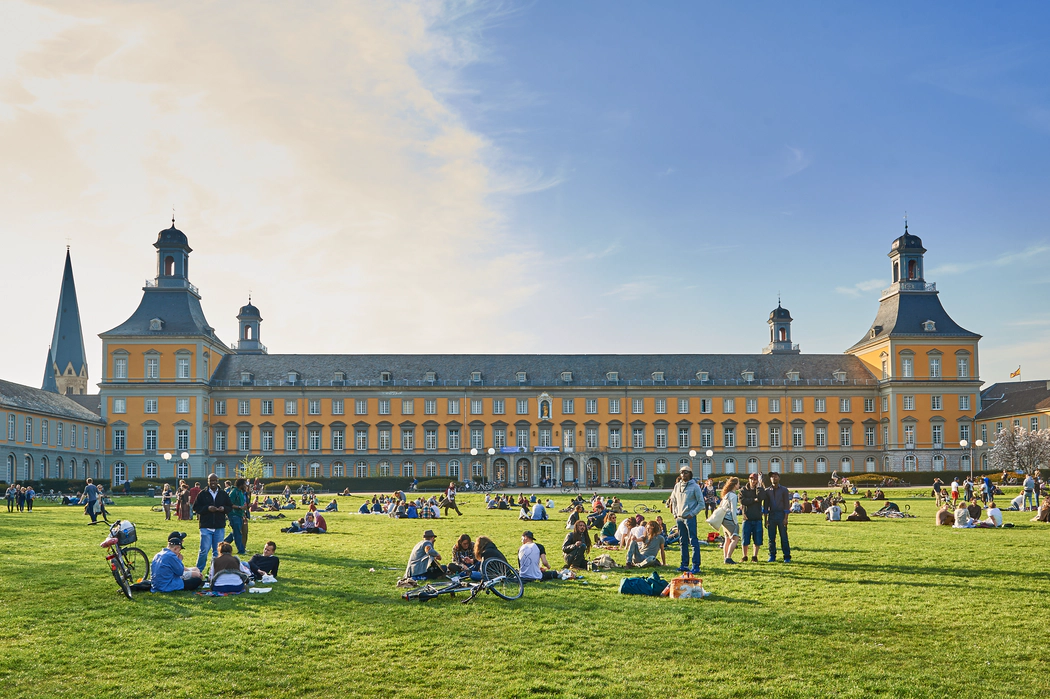How Do People Make Timing Decisions in Situations Where They Have Little Experience and Insufficient Data?
DOI:
https://doi.org/10.21036/LTPUB10915Researcher
Sarah Auster is an Assistant Professor in the Institute for Microeconomics at the University of Bonn. Having completed her PhD at the European University Institute, Auster previously worked at Bocconi University and the University of Mannheim. Her main research interests include contract theory, decision theory and mechanism design and search. Winner of the 2015 Vilfredo Pareto prize, Auster’s work has been published in journals including Theoretical Economics and the Journal of Economic Theory.

Original Publication
Robust Bidding and Revenue in Descending Price Auctions
Sarah Auster,
Christian Kellner
Published in
Citation
Sarah Auster,
Latest Thinking,
How Do People Make Timing Decisions in Situations Where They Have Little Experience and Insufficient Data?,
https://doi.org/10.21036/LTPUB10915,
Credits:
© Sarah Auster
and Latest Thinking
This work is licensed under CC-BY 4.0
